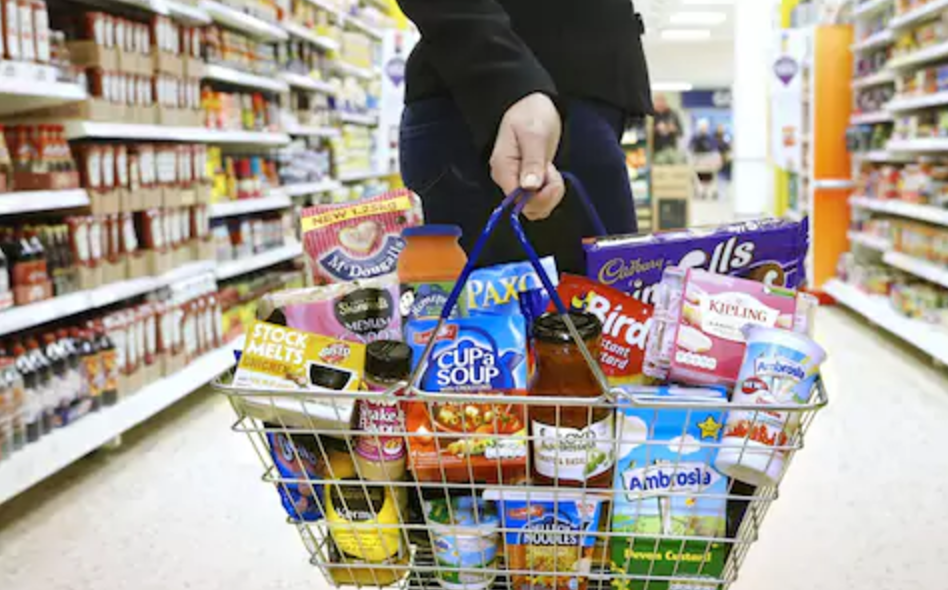Geo locating is getting big. Real big. Let’s take Four Square as an example; last year over 6 million people checked into over 380 million retail locations. Something is really happening here, yet the doubters are strong with their voices of incredulousness. They can’t understand why anyone cares where they are, or why they’d want to share such personal information publicly, or with their on-line friends. Rather than argue, I thought it was worth posing some of the human reasons why geolocating might be so appealing, an anthropological journey if you like.
The web wants to replicate life – Because it is a form of life. It loves to get physical, real and human… because it’s made by humans for humans.
The 3 ‘human’ reasons why geo-locating will only get bigger are:
1. Who’s here?
People want to see who else is where they are. Are their friends here to? it’s a great way for us to cross the virtual chasm into a physical reality.
2. My life is cool – I’m cool.
See how cool I am being at this particular place. it’s so cool you don’t even know where it is, and here I am…. proven via my smart phone GPS. I’m so cool, I’m teaching you the cool places to be. And I’m showing you how mobile I am and all the cool places to go to – like SXSW.
3. Reward me.
Heck, If I’m going to get a takeaway coffee everyday, I might as well go to the place that gives their Four Square mayor a free espresso on Friday or rewards you after X check ins. You want me to be loyal? You better reward me.

I feel like we are only just starting to see the potential of geo-locating in terms of startup and marketing. It really does feel like the missing link between the virtual and the physical. And for those who are concerned about privacy, like all technology, our choice is a simple one:
Embrace it, or miss out on the benefits.




